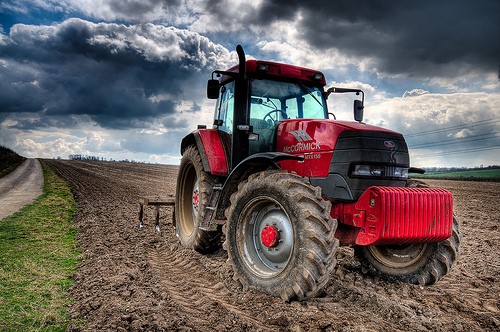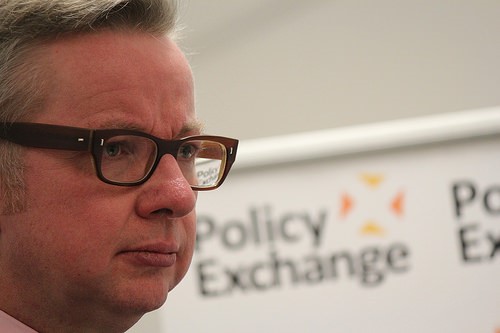With the UK set to depart the European Union (EU) in March 2019, the British Isles will soon be able to set their own legislation regarding British food and farming, helping the country to be a better champion of its homegrown produce.
Mr Gove has confirmed to the UK farming community that the UK government would guarantee the existing subsidies it receives from the EU until at least the 2022 General Election. This would then be followed by what Gove called a “transitional period” in England at least until 2024. Under the current subsidy system, the EU sends £3 billion every 12 months to UK farmers, but this is based solely on the size of the land each individual farmer owns.

Gove believes that the EU’s Common Agricultural Policy is “fundamentally flawed” as it takes potential funds away from the national purse and puts it into the hands of rich landowners. Instead, the Secretary of State is proposing that the UK will provide payments to farmers with sizeable plots of land who seek to “enhance the natural environment” by planting new woodland and attempting to create new wildlife habitats.
Gove noted the Department for Environment, Food & Rural Affairs’ (Defra) role in ensuring all British people have access to “competitively-priced, healthy, sustainable and nutritious food”. This will hopefully have a positive knock-on effect on the growing number of vegetarian restaurants and takeaway outlets, which no longer cater for tasteless, boring salads and are now influenced by fascinating cuisines from all over the world such as Indian, Lebanese and Korean vegetarian and vegan food.
Gove, one of the government’s leading Brexiteers during the EU referendum, urged the importance of nurturing an all-encompassing food chain policy “from farm to fork”. He also reiterated Defra’s acknowledgement of the “economic, health and environmental forces” that will mould UK food production for generations to come.
However, despite Mr Gove’s positive comments about the future of British farming, his words come shortly after the publication of a report by the All-Party Parliamentary Group on Agroecology for Sustainable Food and Farming (APPGA) which warns that future trade deals when the UK is outside of the EU could lead to the most significant threat to the UK’s food security since post-World War II.
There are fears within the APPGA that Britain’s potential imports of low-cost foods, produced to poorer standards of welfare and hygiene, could immediately put UK farmers up against it from March 2019 onwards. The APPGA warns that in order to compete with the cheaper produce shipped in to the British Isles, British farmers may be forced to “tighten their margins and therefore cut corners” relating to environmental legislation.
The APPGA believes now is the time for the UK government to set the agenda for a 21st century food and farming policy that is future-proof and capable of operating sustainably in the interests of British farmers and the British people. It recommends closer consideration of agroecological policies that would minimise Britain’s dependence on other nations for its produce. These policies include enhancements to biodiversity, renewed attempts to tackle climate change and increased support for smaller, family-run and organic farms.





